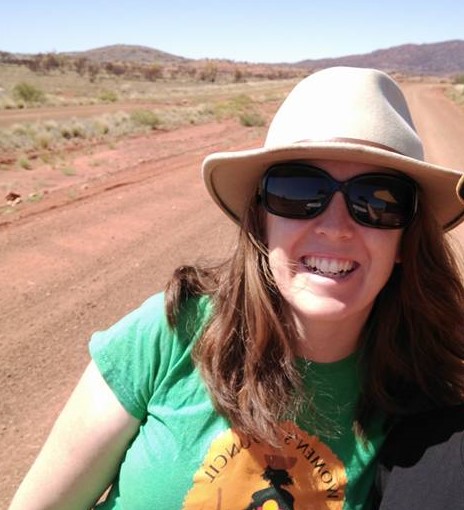 There’s something about the blue sky, the sparse landscape and the weaving of cultural stories that drew Louise O’Connor to Australia’s red centre. Far from her homeland of Ireland and not satisfied with the big city lights of Melbourne, Louise O’Connor packed up her meagre belongings and head to Alice Springs. She found herself working with the Ngaanyatjarra Pitjantatjara Yankunytjatjara Women’s Council as a Domestic and Family Violence Case Worker and hasn’t looked back. Since arriving, Louise has been drawn to narrative therapy as an approach for working respectfully with Aboriginal women. She now supports a team of case workers implementing the Council’s new domestic and family violence prevention framework developed in consultation with the Australian Childhood Foundation and the large group of women they support in the NPY lands. Louise brought with her a long history of case work with refugees and asylum seekers, youth and people at risk of homelessness or in crisis, both in Australia and Ireland. Louise’s passion for sharing stories and helping others tell theirs shines through in my conversation this week on ‘Talk the Walk’.
There’s something about the blue sky, the sparse landscape and the weaving of cultural stories that drew Louise O’Connor to Australia’s red centre. Far from her homeland of Ireland and not satisfied with the big city lights of Melbourne, Louise O’Connor packed up her meagre belongings and head to Alice Springs. She found herself working with the Ngaanyatjarra Pitjantatjara Yankunytjatjara Women’s Council as a Domestic and Family Violence Case Worker and hasn’t looked back. Since arriving, Louise has been drawn to narrative therapy as an approach for working respectfully with Aboriginal women. She now supports a team of case workers implementing the Council’s new domestic and family violence prevention framework developed in consultation with the Australian Childhood Foundation and the large group of women they support in the NPY lands. Louise brought with her a long history of case work with refugees and asylum seekers, youth and people at risk of homelessness or in crisis, both in Australia and Ireland. Louise’s passion for sharing stories and helping others tell theirs shines through in my conversation this week on ‘Talk the Walk’.
In episode 18, we explore:
- Why Louise uplifted her life in Melbourne to venture into Central Australia and how she got started in community work
- A brief history of the NPY Women’s Council and its work
- A typical day in the life of a domestic and family violence caseworker in the NPY lands
- How the Women’s Council moved away from a justice focus to a violence prevention framework using a trauma-informed, community development, narrative therapeutic approach to practice
- What Louise loves about her job and her journey into narrative therapy
- How Aboriginal women are developing their own tools of narrative practice for use in their community
- The everyday challenges of remote work and what Louise does to look after herself
- The ‘strong stories board’ project – one of Louise’ sparkling moments
- Louises biggest learnings and awesome words of advice for community development and social workers thinking of working with remote Aboriginal communities
To listen to this episode simply click on the Play button below or listen via the Stitcher App for iOS, Android, Nook and iPad.

You can also subscribe to podcast and blog updates via email from the Menu on the Home Page.
Don’t forget, if you or someone you know would make a great interview on ‘Talk the Walk’, send us an email from the Contact Page.
Things to follow up after the episode
The NPY Women’s Council domestic and family violence service
Download the Family violence Prevention Framework
Episode 15 – ‘Telling the Stories of Our Lives’ with Sudha Coutinho
Contact Louise on lou_oconnor33(at)hotmail(dot)com
Podcast: Play in new window | Download
Subscribe: RSS

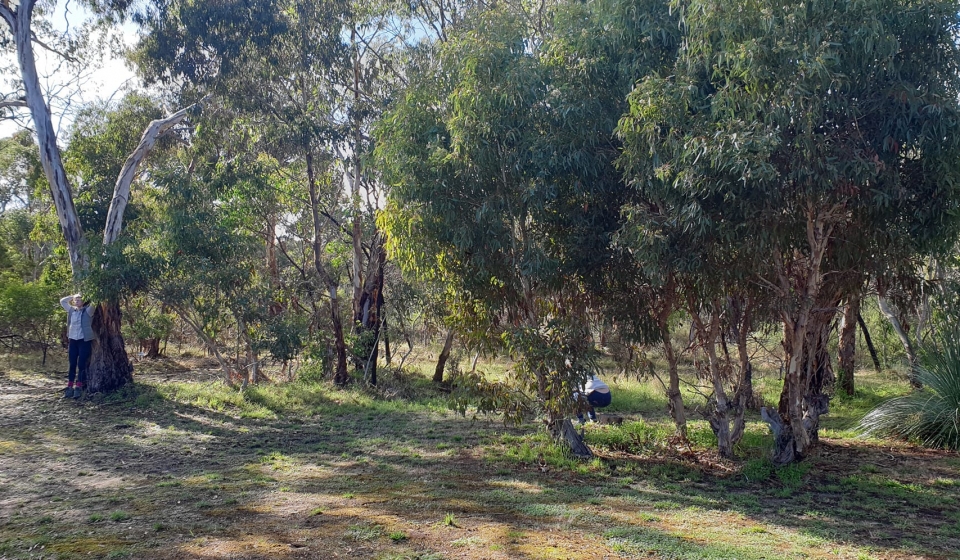
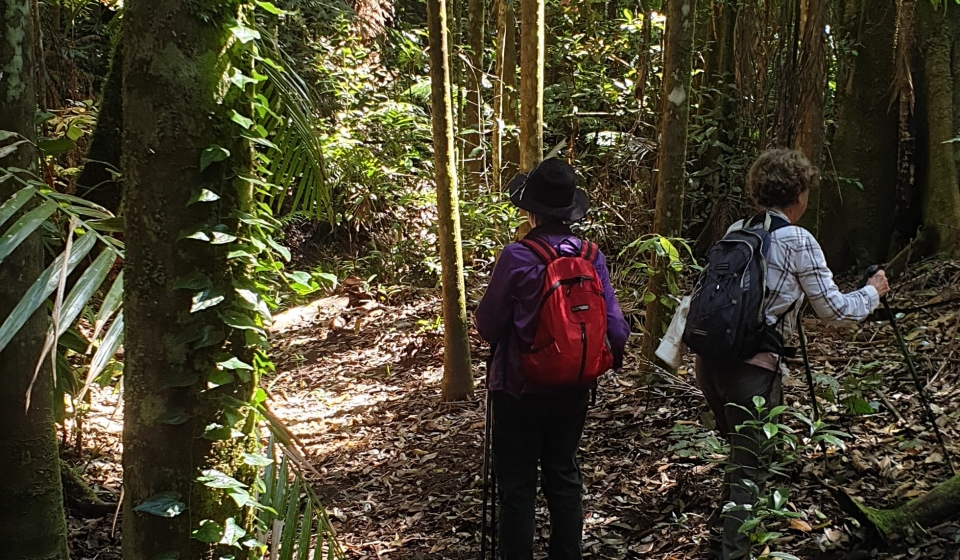
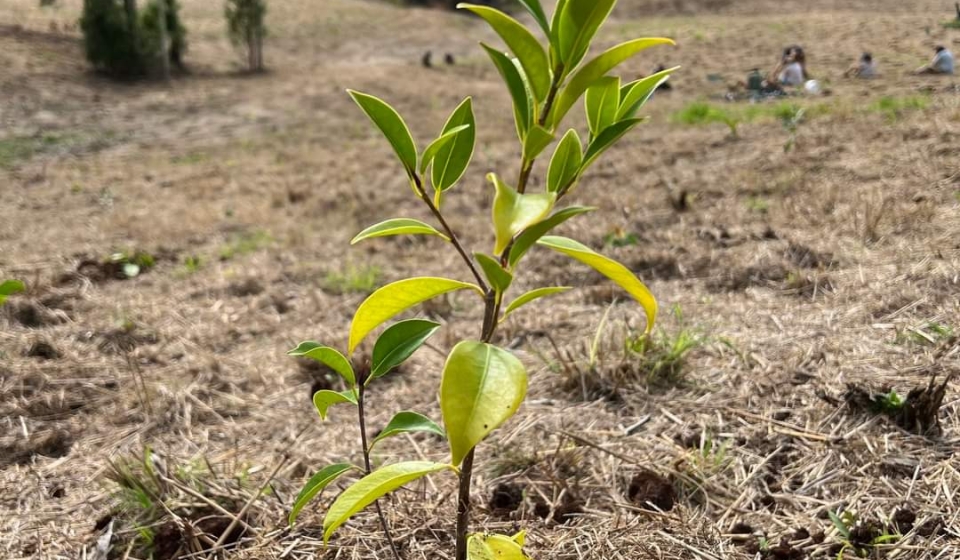
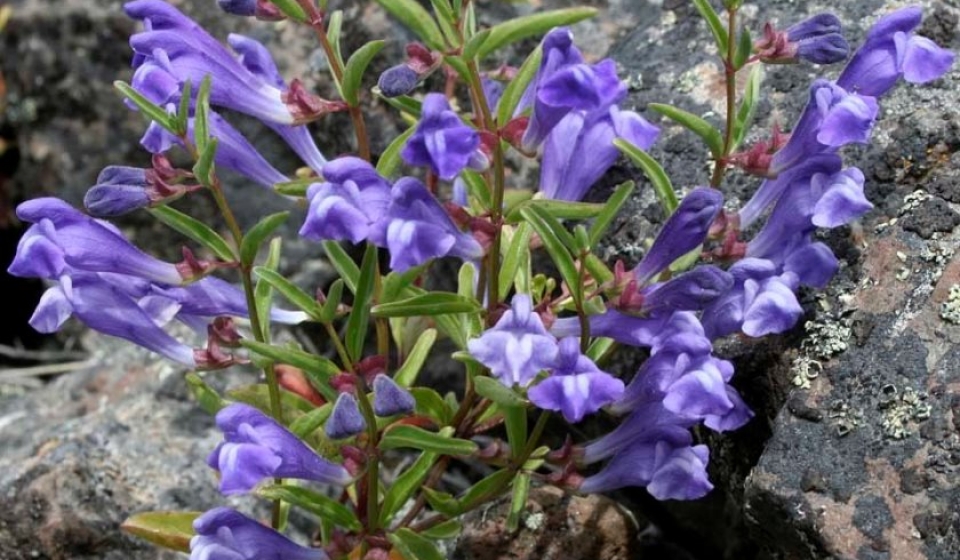
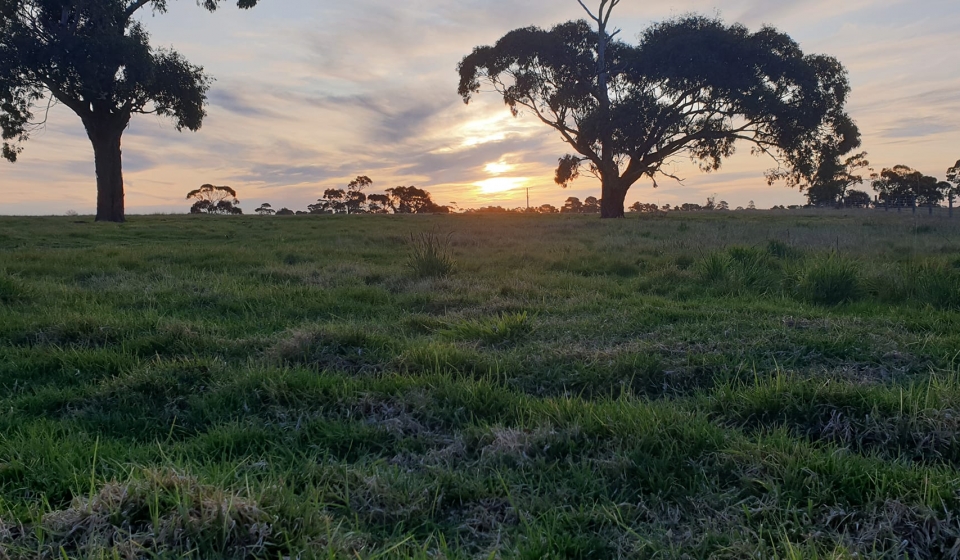
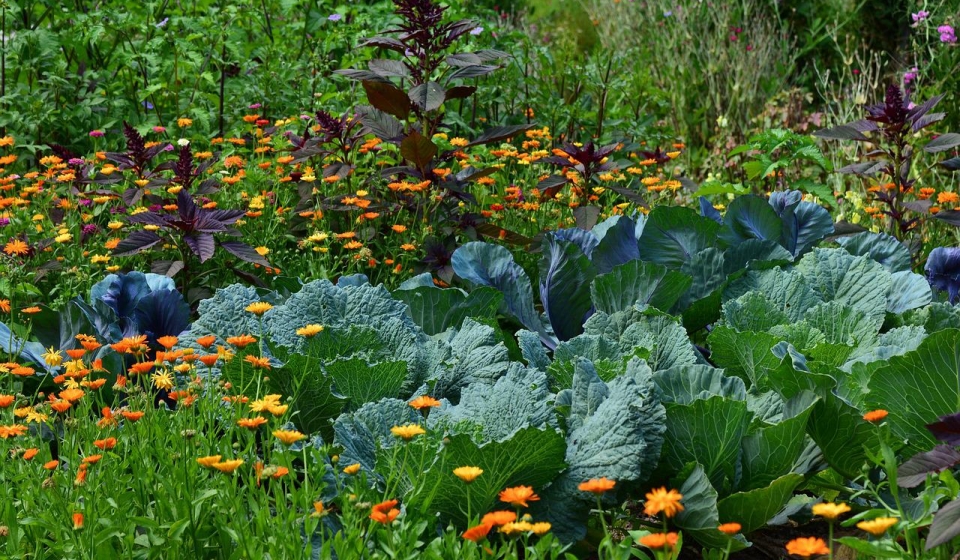
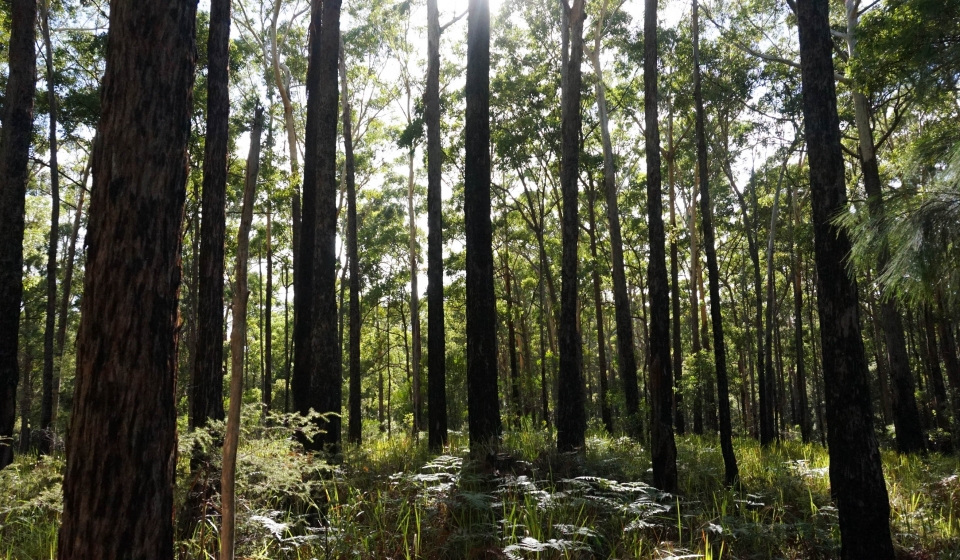
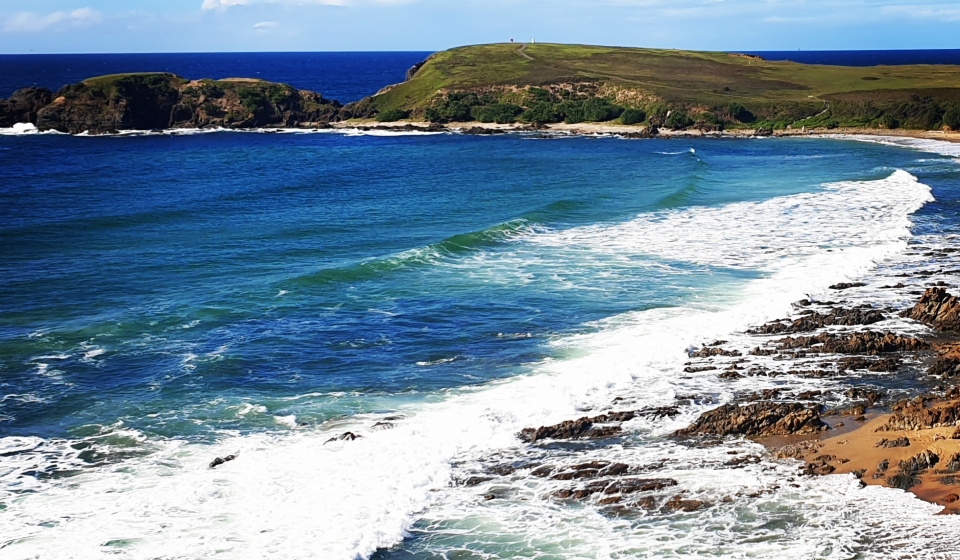
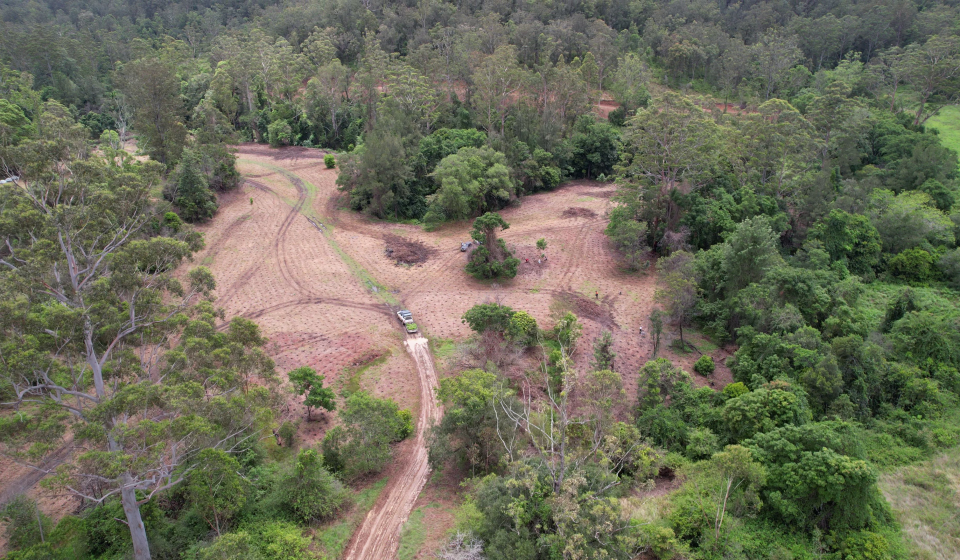
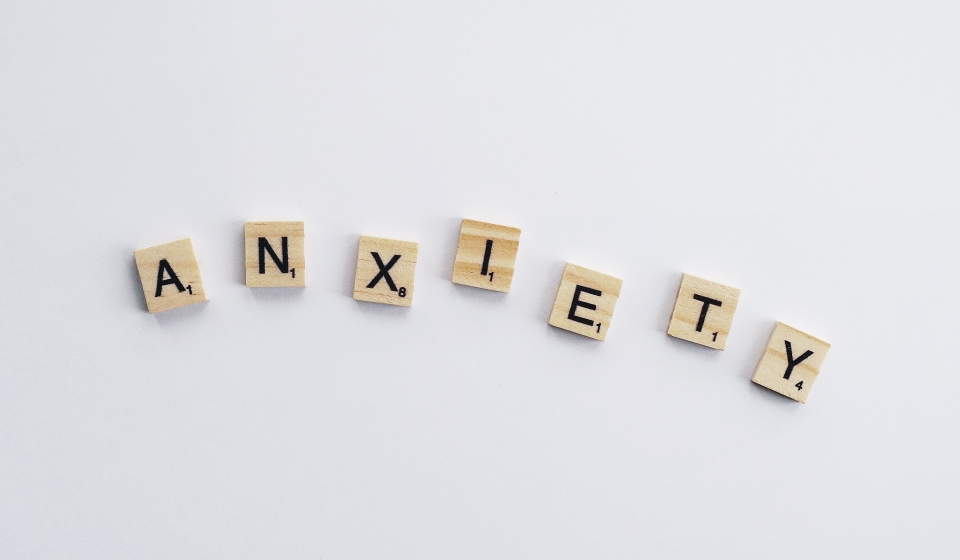
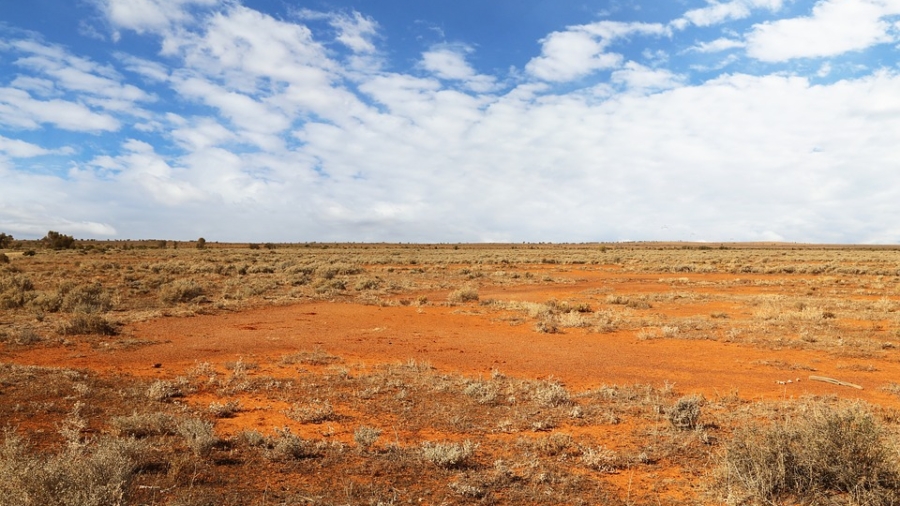
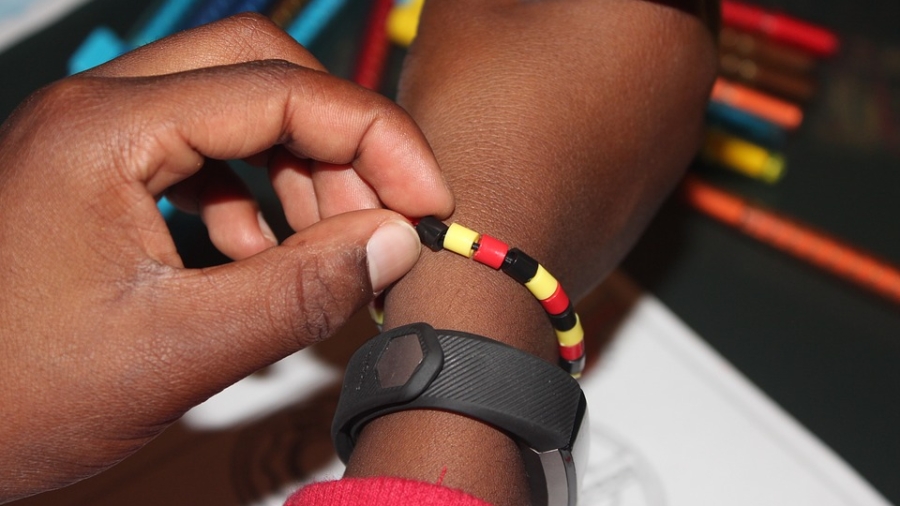
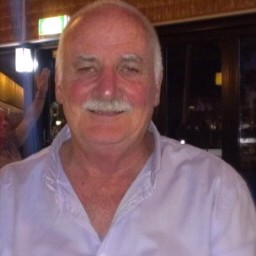 Today’s conversation on ‘Talk The Walk’ has many gems, but particularly for counsellors and social workers interested in developing an evidence based program that is also culturally safe. Doug Dunlop is a senior counsellor with the ‘Holding Children Together’ program based in Alice Springs and working with surrounding town camps. Doug is part of the team leading a rigorous evaluation process, developed and mentored by the Australian Childhood Foundation and a Cultural Advisory Group. In episode 17 of Talk the Walk, we also get a glimpse into the man behind the work; his historical roots, his life experience, the values and principles he brings to his trauma-informed, culturally-safe practice framework.
Today’s conversation on ‘Talk The Walk’ has many gems, but particularly for counsellors and social workers interested in developing an evidence based program that is also culturally safe. Doug Dunlop is a senior counsellor with the ‘Holding Children Together’ program based in Alice Springs and working with surrounding town camps. Doug is part of the team leading a rigorous evaluation process, developed and mentored by the Australian Childhood Foundation and a Cultural Advisory Group. In episode 17 of Talk the Walk, we also get a glimpse into the man behind the work; his historical roots, his life experience, the values and principles he brings to his trauma-informed, culturally-safe practice framework.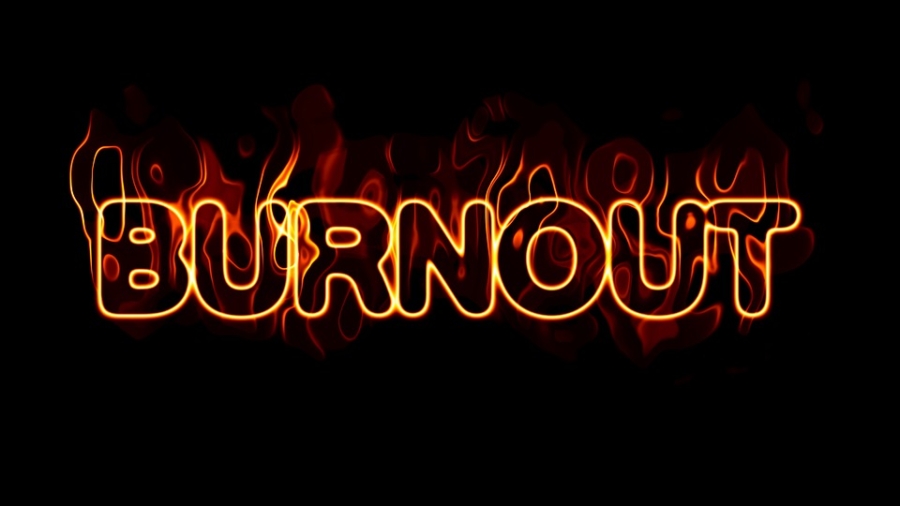
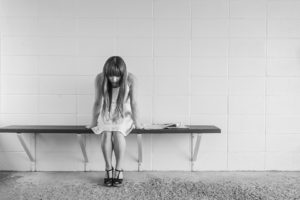 If you work in the area of trauma counselling, chances are you have an organisation or colleagues keeping a watchful eye out for the first signs and symptoms of burnout or vicarious trauma.
If you work in the area of trauma counselling, chances are you have an organisation or colleagues keeping a watchful eye out for the first signs and symptoms of burnout or vicarious trauma.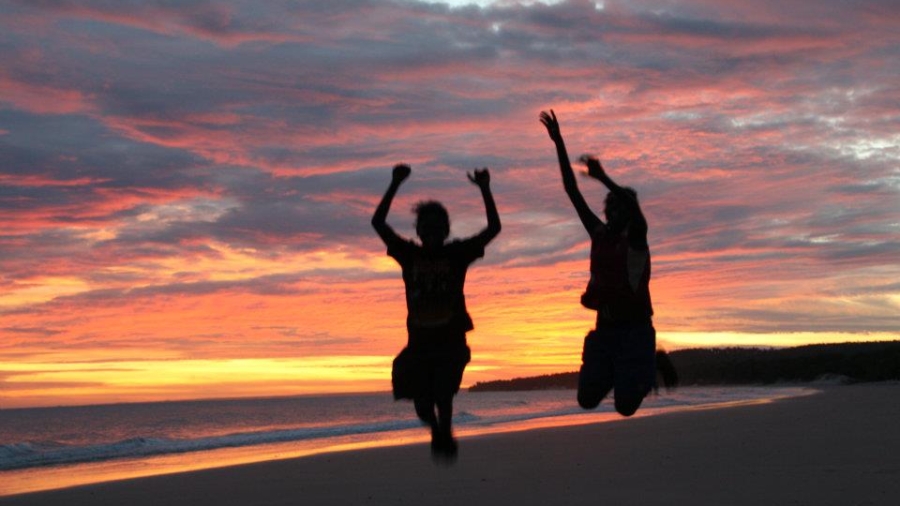
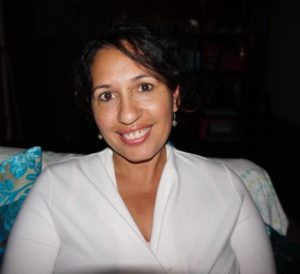 What a delight it was to be speaking with Tileah Drahm-Butler this week on ‘Talk the Walk’, about her journey into narrative therapy and her approach to working with Aboriginal and Torres Strait Islander people. Tileah’s passion for social work and giving Aboriginal people a voice shines through in this conversation. We also gain insight into the woman behind the work and the long list of inspiring women in her family that stand behind her.
What a delight it was to be speaking with Tileah Drahm-Butler this week on ‘Talk the Walk’, about her journey into narrative therapy and her approach to working with Aboriginal and Torres Strait Islander people. Tileah’s passion for social work and giving Aboriginal people a voice shines through in this conversation. We also gain insight into the woman behind the work and the long list of inspiring women in her family that stand behind her.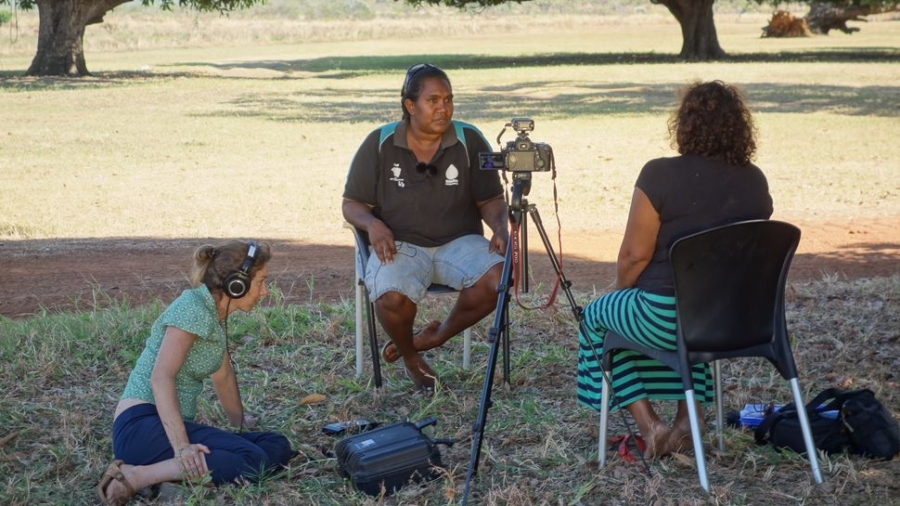
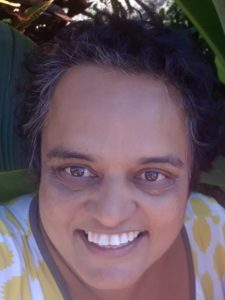 You don’t have to search too far to listen to the stories of despair, destruction or trauma in Aboriginal communities. These are widely played out in our media. However if we listen with intention much deeper, we will find something richer and more telling. The absent but implicit in these stories, are signs of strength, hope and resilience.
You don’t have to search too far to listen to the stories of despair, destruction or trauma in Aboriginal communities. These are widely played out in our media. However if we listen with intention much deeper, we will find something richer and more telling. The absent but implicit in these stories, are signs of strength, hope and resilience.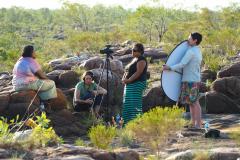
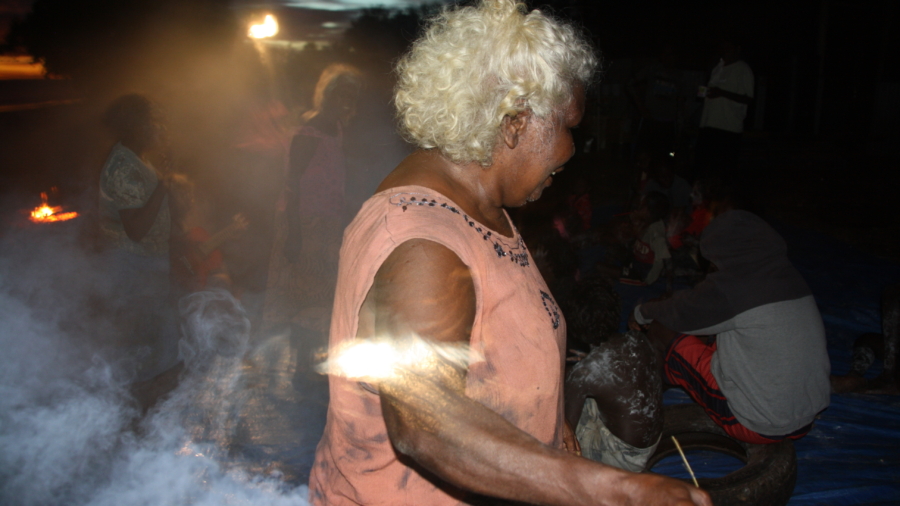

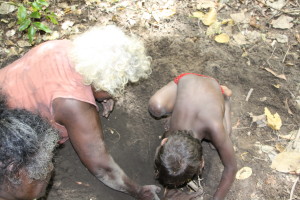
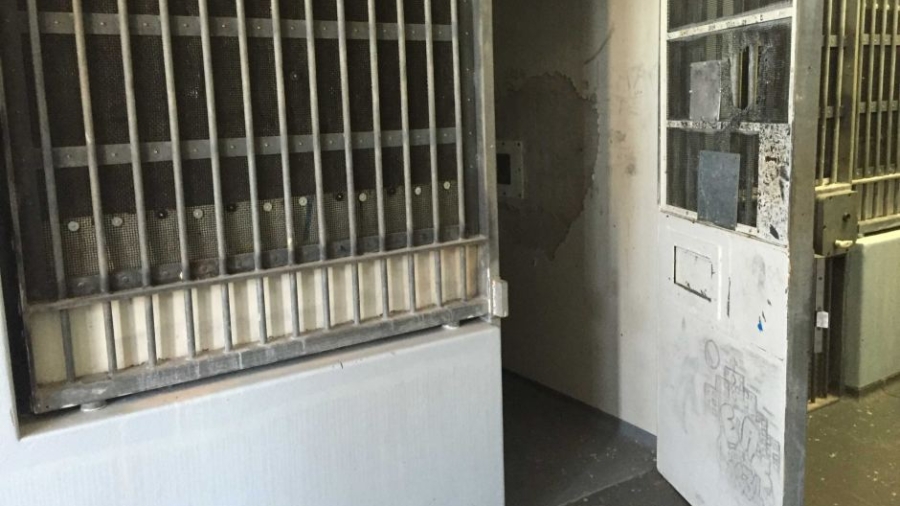
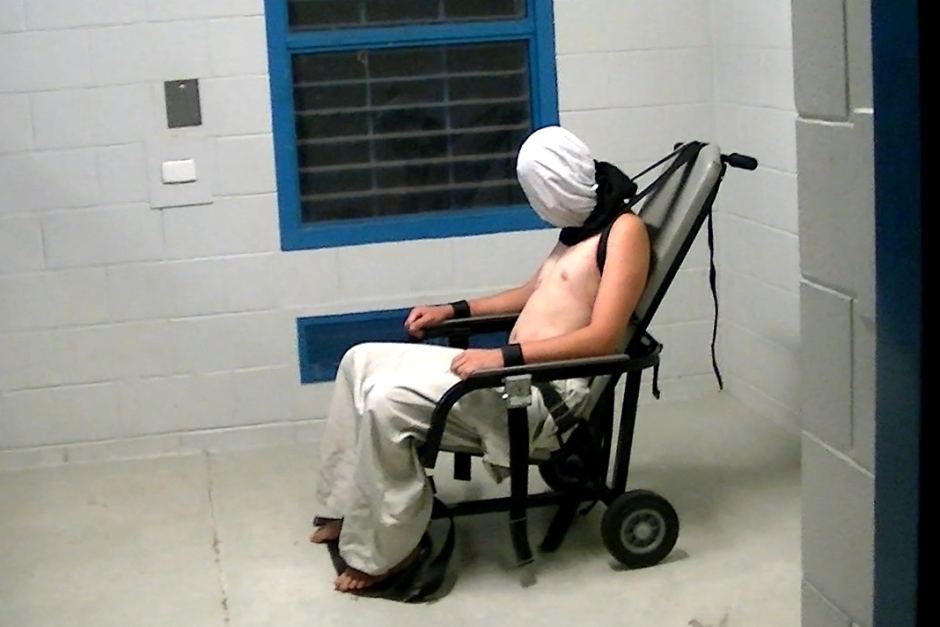
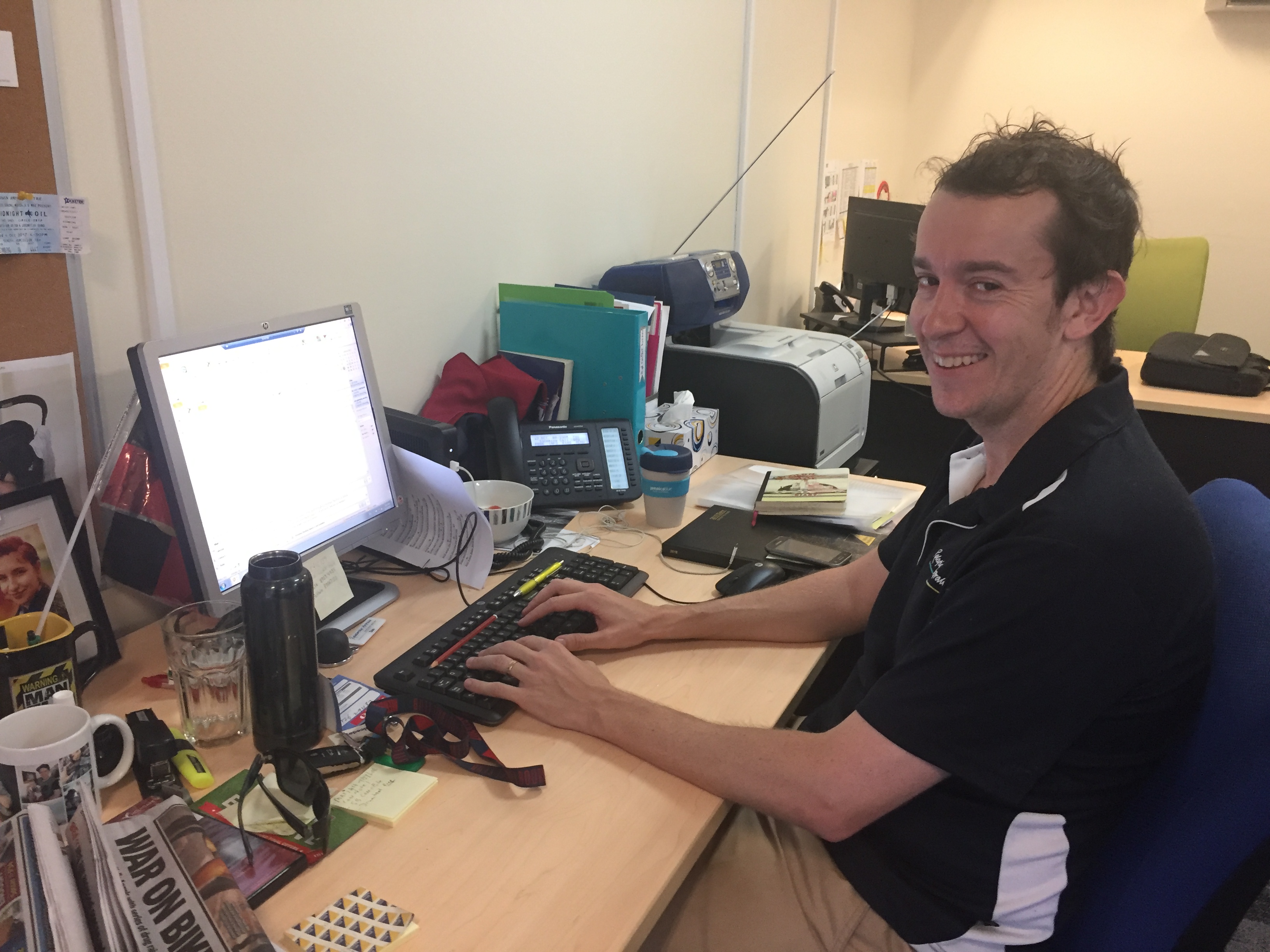
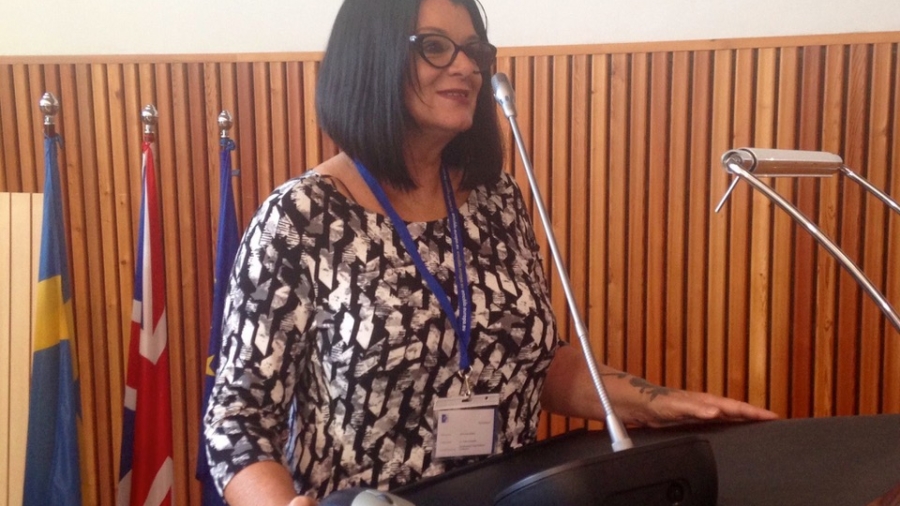
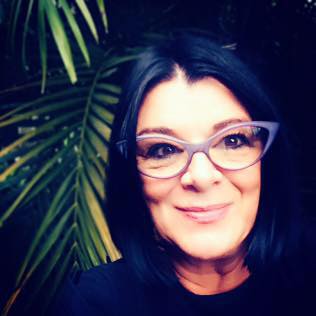 Anni Hine Moana, my guest this week on ‘Talk the Walk’ has over 40 years of experience from counselling in alcohol, drugs, gambling and mental health to supervision, lecturing and curriculum development. This is a fascinating conversation with a researcher whose passion is to see tangible outcomes for Aboriginal people accessing appropriate counselling services.
Anni Hine Moana, my guest this week on ‘Talk the Walk’ has over 40 years of experience from counselling in alcohol, drugs, gambling and mental health to supervision, lecturing and curriculum development. This is a fascinating conversation with a researcher whose passion is to see tangible outcomes for Aboriginal people accessing appropriate counselling services.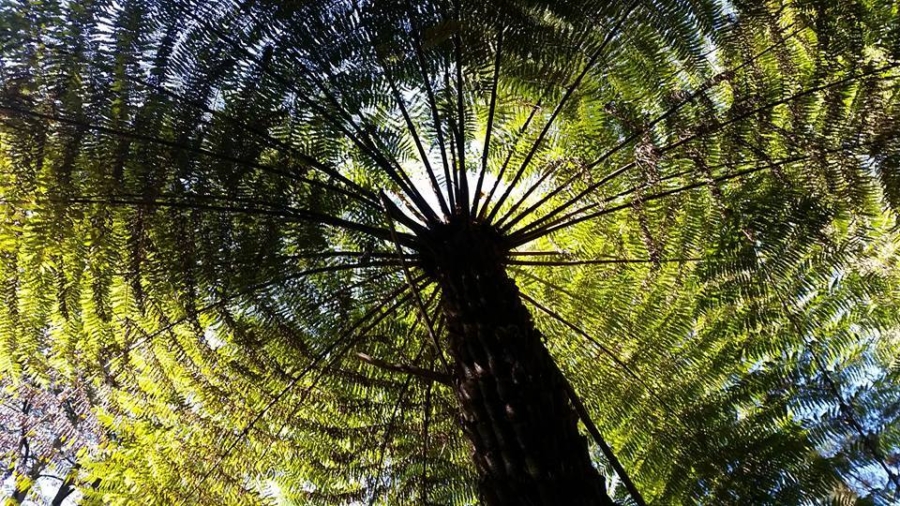
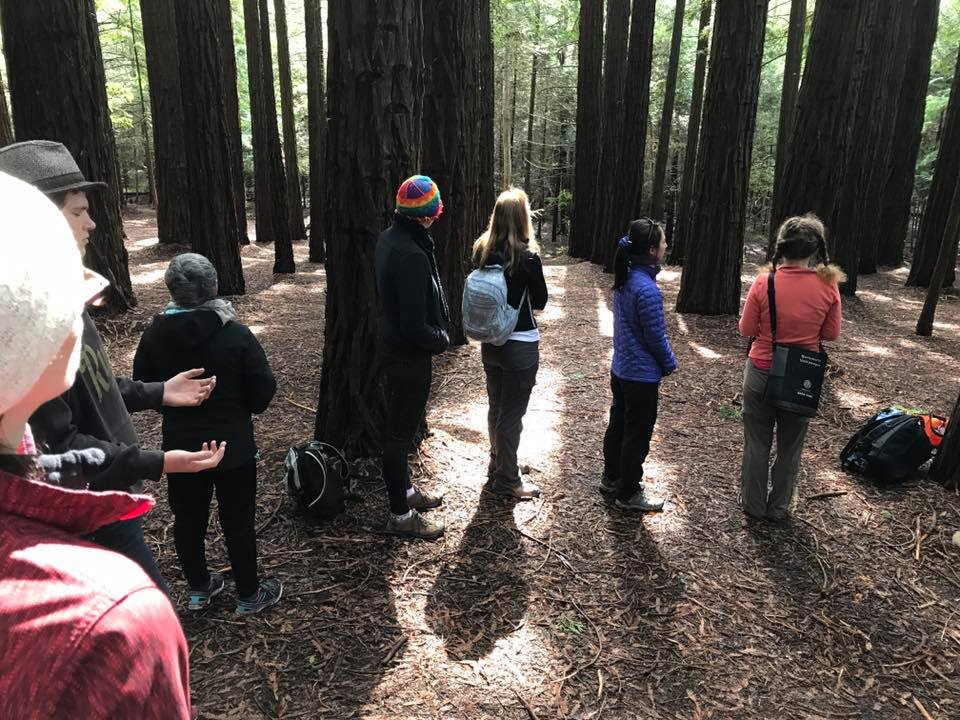
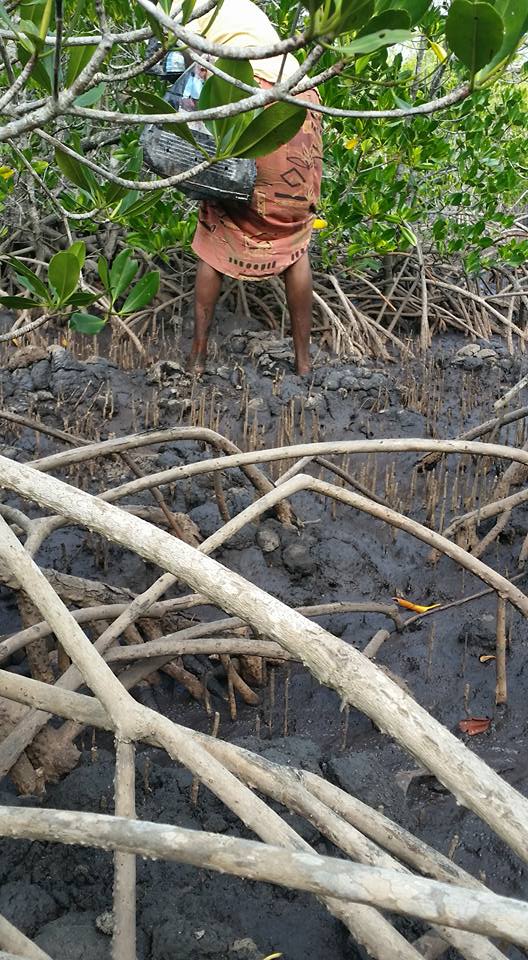
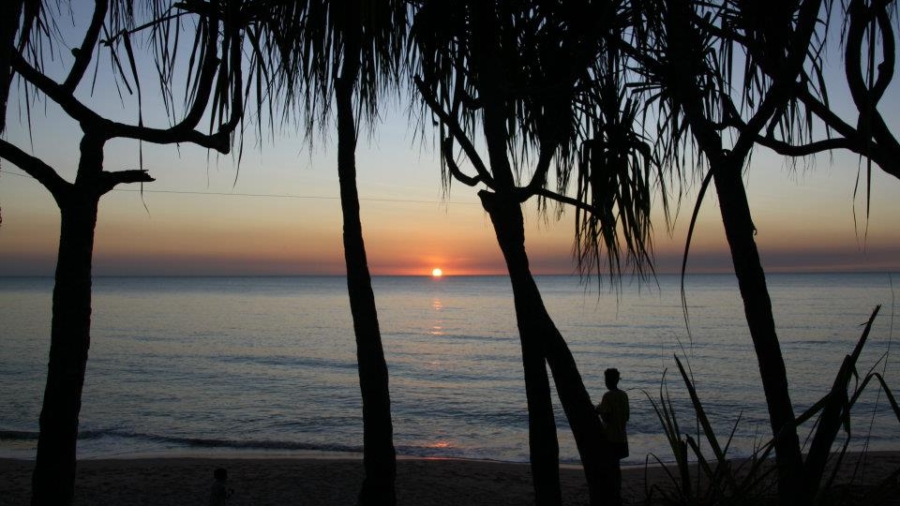
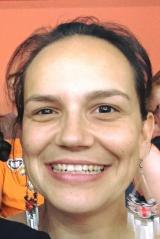 What’s it like to walk in two worlds, as a non-Indigenous social worker in a remote Aboriginal community, fresh out of university?
What’s it like to walk in two worlds, as a non-Indigenous social worker in a remote Aboriginal community, fresh out of university?